
Frozen shoulder is just a common name among the people. The medical name is “adhesive shoulder capsulitis”. Because the disease occurs frequently in people aged about50 or over, it is called “fifty shoulder” or “frozen shoulder”.
Traditional Chinese medicine believes that frozen shoulders are caused by invasion of cold and damp to shoulder meridians, resulting in poor qi and blood.
The etiology of frozen shoulders is varied, mainly including the following aspects :
1. Age factor :
As shoulders soft tissues gradually age, the elasticity of the shoulder joints will gradually decrease, making them vulnerable to injury.
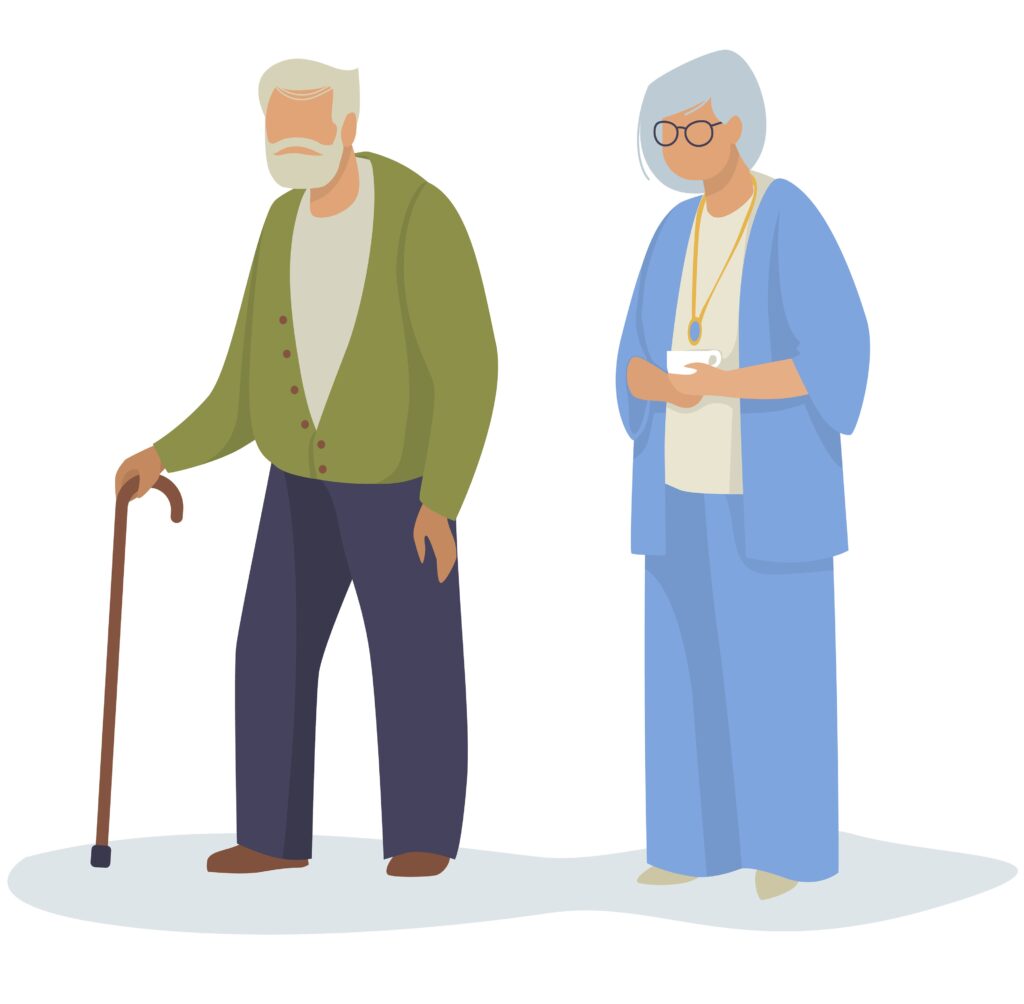
2. Long-term excessive use of the shoulders :
such as holding heavy objects for a long time, working at heights, sitting in front of computer for a long time, etc., can easily cause shoulder soft tissue damage.

3. Improper way to exercise :
Excessive or incorrect shoulder exercise movement may lead to shoulder injury.
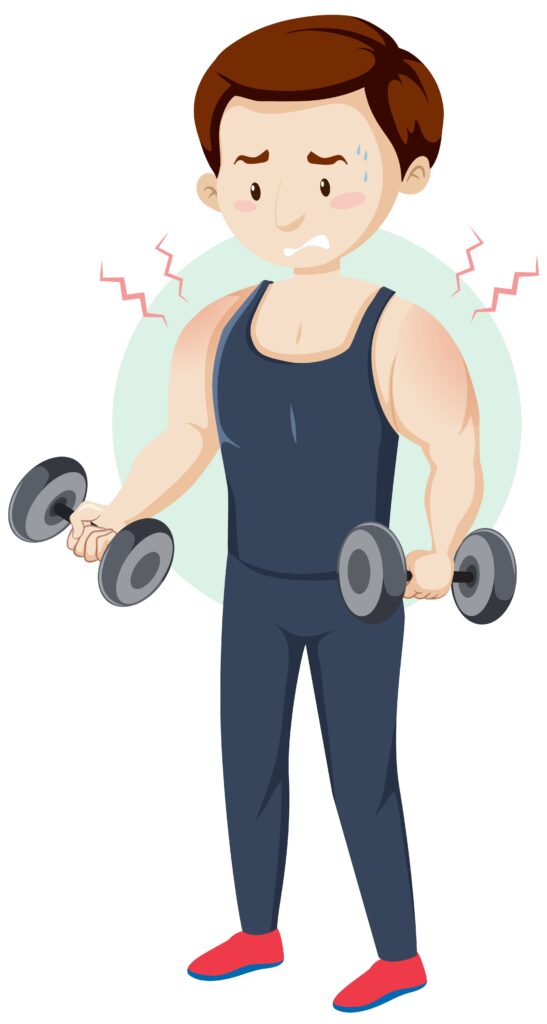
4. Long-term cold and damp invasion at certain part :
It is generally seen in people who sleep without clothes. Traditional Chinese medicine believes that cold and damp can invade shoulder meridians, resulting in poor blood flow, which induces frozen shoulders.
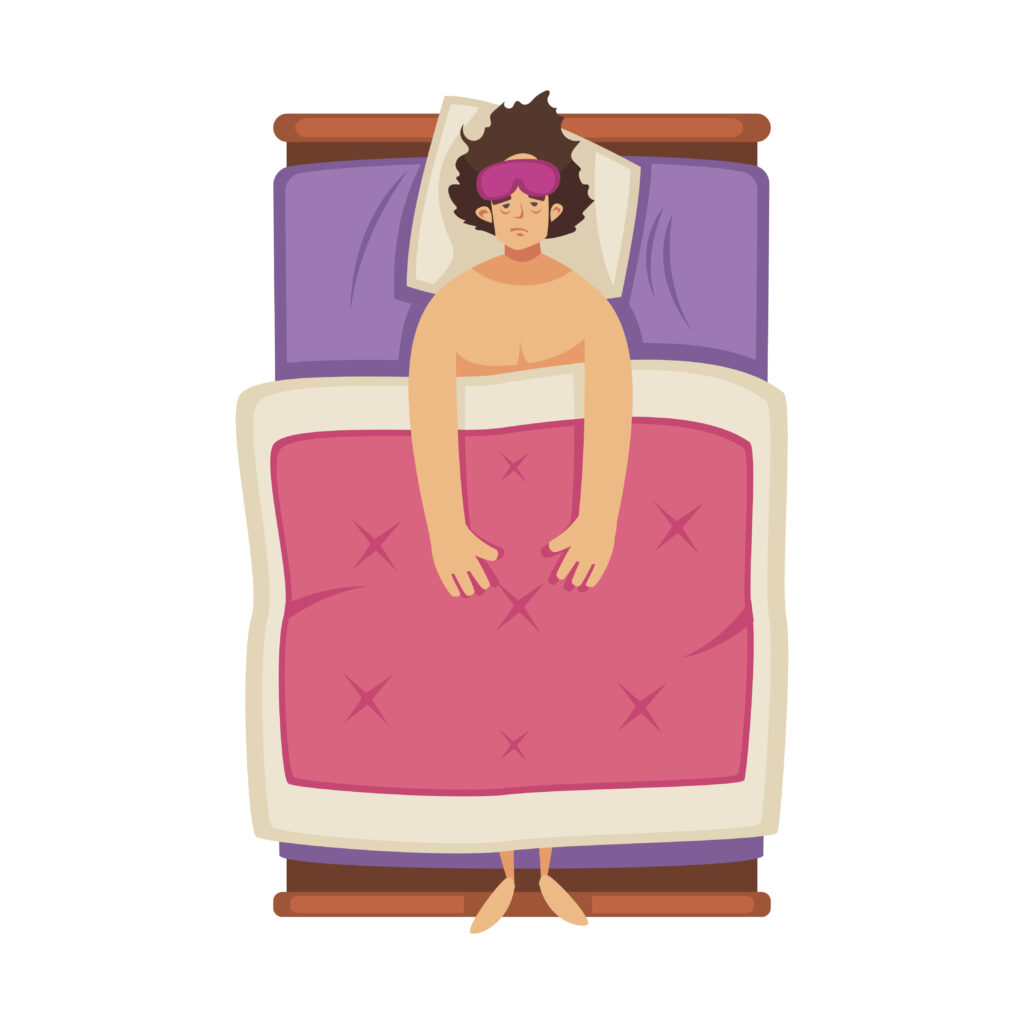
Main symptoms include :
1. Shoulder joint pain :
Shoulder pain is usually not obvious or pain will keep on persisting, in severe cases may affect sleep.
2. Limited movement of shoulder joint :
The shoulder joint movement range of patients with Frozen Shoulder is obviously limited, and often appears mildly limited in the early stage and severely limited in the later stage.
Stiff shoulder joint :
Patients wih frozen shoulder often feel stiff at shoulder joints and cannot move freely, action such as brushing hair, putting on clothes, raising hands and others will become difficult.
Tips for Preventing Frozen Shoulders
1. Neck and shoulder relaxation exercise :
Put your hands behind your head, slowly tilt your head back, and feel the relaxation of your neck and shoulders. This action can help relieve shoulder fatigue, stiffness and prevent frozen shoulders.

2. Avoid excessive use of shoulders :
such as holding heavy objects for a long time, working at heights, sitting in front of computer for a long time, etc., the burden of shoulders should be appropriately reduced to prevent shoulder injuries.
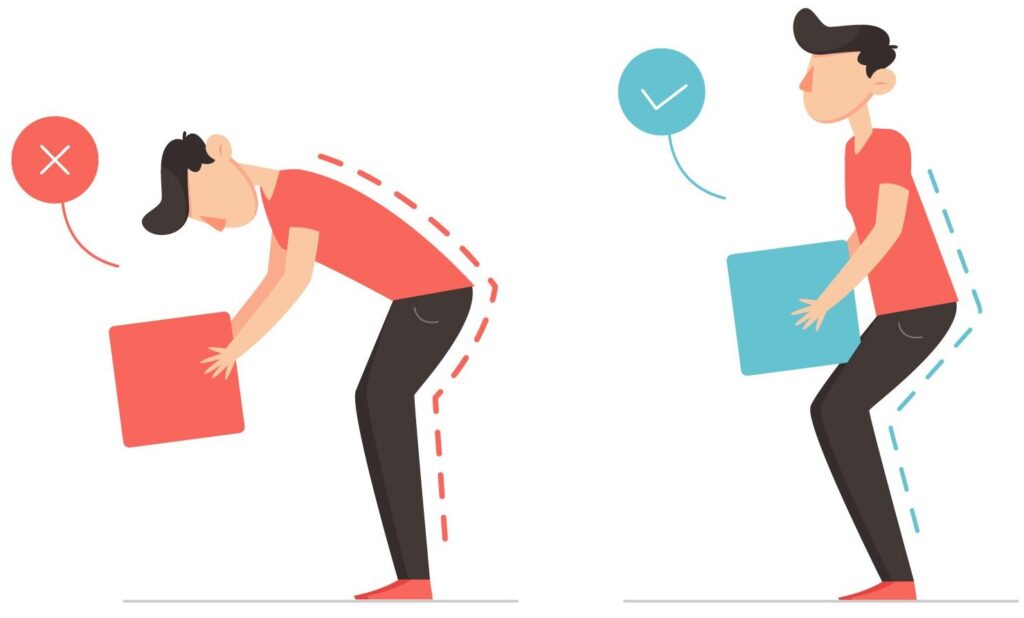
3. Maintain good posture :
Maintaining good posture can reduce shoulder pressure and prevent abnormal wear and tear on the shoulder joint.
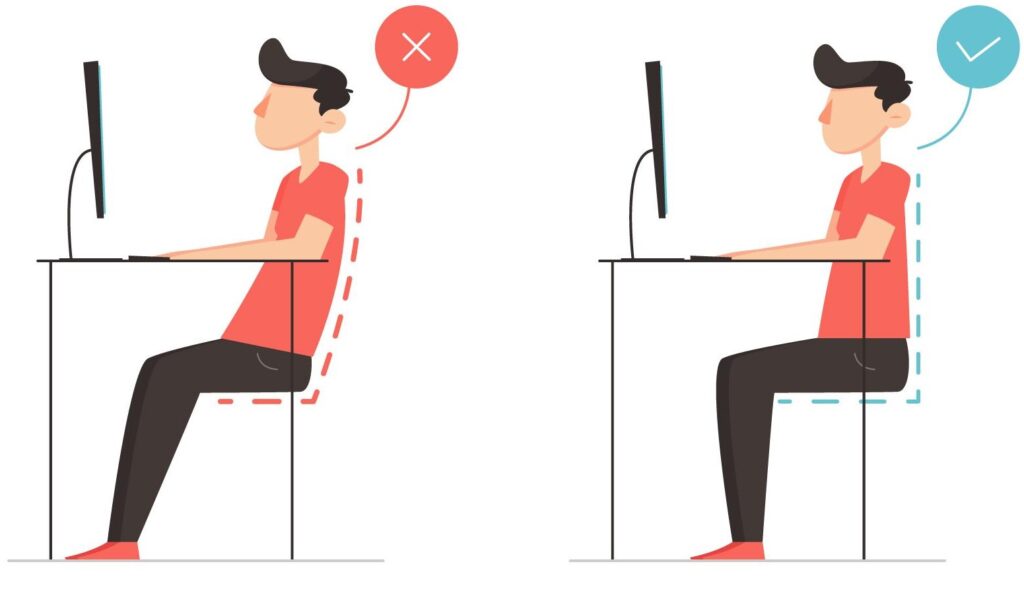
4. Avoid cold and dampness of certain part :
Wearing clothes when sleeping at night can improve and keep the shoulders warm, so as to prevent the cold and dampness from invading the shoulder meridians at night.
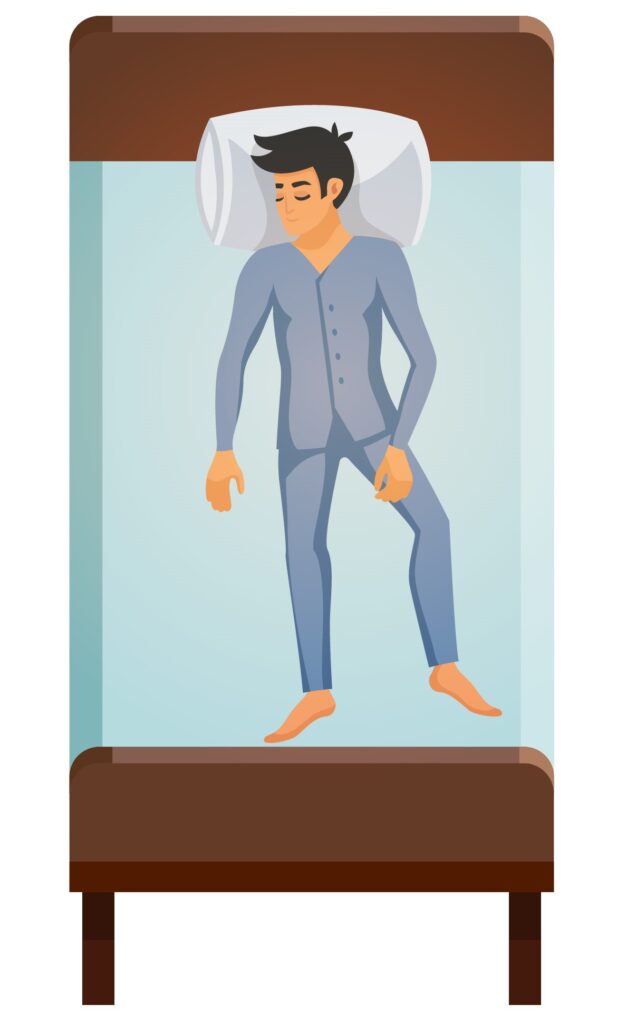
Epilogue
Other than factor of age, frozen shoulders are more affected to daily life habits, such as: excessive use of shoulders, sleeping without clothes, or improper handling of injuries after improper exercise which induce the occurrence of frozen shoulders. Frozen shoulders are not a disease that will definitely occur at the age of 50 or above.
此文章还有以下语言版本:
![]() 简体中文 (Chinese (Simplified))
简体中文 (Chinese (Simplified)) ![]() Melayu (Malay)
Melayu (Malay)



